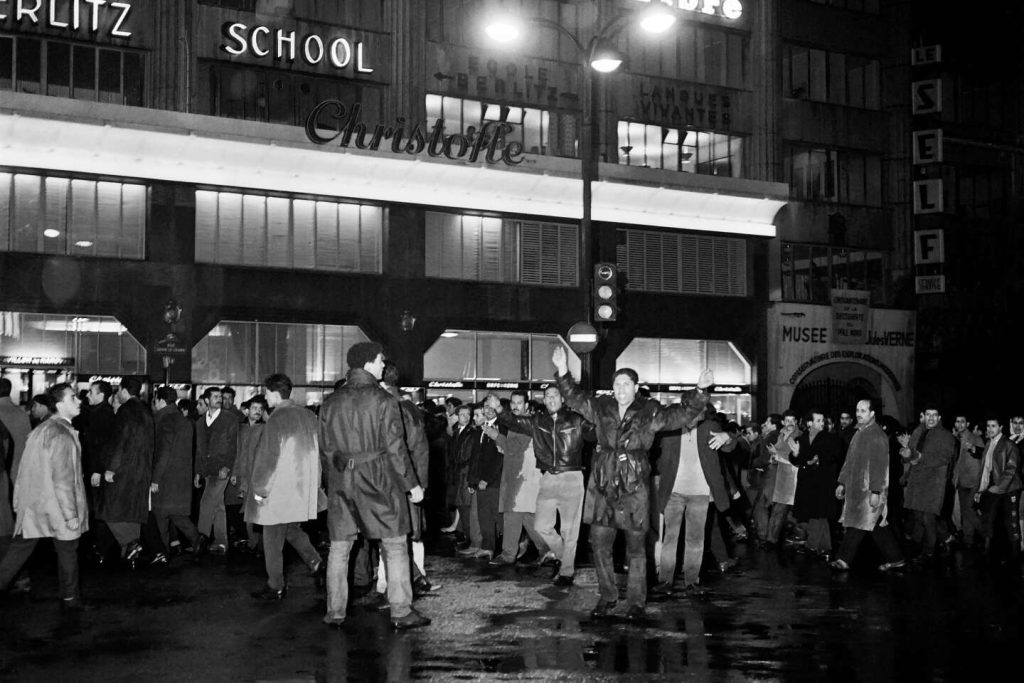The French National Assembly voted on March 28th for the establishment of a day of commemoration of the massacre that occurred on October 17, 1961 in Paris, where between thirty and over 200 Algerian protesters were killed, according to historians. The official death toll was initially reported as three people dead and around sixty injured, but historians believe the actual number of deaths to be much higher. The resolution was proposed by ecologist deputy Sabrina Sebaihi and calls for the recognition and condemnation of the massacre and the inclusion of a day of commemoration in the official national calendar.
The resolution aims to acknowledge and condemn the massacre that took place under the authority of the then police prefect Maurice Papon. It highlights the need to remember the events of October 17, 1961 and to ensure their inclusion in official national ceremonies and events. The process of recognizing the violent repression of Algerian protesters that took place sixty-three years ago began with President Emmanuel Macron’s acknowledgment of the inexcusable crimes committed under Papon’s authority. This was followed by a decision to grant broader access to archives on the Algerian War of Independence from 1954 to 1962.
The adoption of the resolution could lead to a formal commemoration organized by the Elysée, especially in light of the upcoming visit of Algerian President Abdelmadjid Tebboune to France in September or October. Macron and Tebboune have praised the recent progress made by the Franco-Algerian joint commission of historians, led by professors Mohamed Lahcen Zeghidi and Benjamin Stora, who will meet again in April to continue their work on addressing historical issues. These efforts mark a step towards acknowledging and remembering the violent repression faced by Algerians fighting for independence in France in 1961.
The events of October 17, 1961, when around 30,000 Algerians peacefully protested in Paris and were met with brutal police repression, have long been a sensitive subject in Franco-Algerian relations. While the official death toll was originally low, historians believe that dozens of protesters lost their lives. Previous acknowledgments of the violence, including President François Hollande’s tribute to the victims in 2012, have laid the groundwork for the current efforts towards recognition and remembrance. The resolution passed in the National Assembly represents a step towards formally acknowledging the tragic events of 1961 and ensuring that they are remembered and condemned.
The initiative to establish a day of commemoration for the 1961 massacre was spearheaded by Deputy Sabrina Sebaihi, with input from the Elysée to shape the wording of the resolution. This reflects the ongoing importance of memorial issues in French-Algerian relations and the need to address historical injustices and atrocities. The resolution, supported by a majority in the National Assembly, signals a growing recognition of the need to confront the darker aspects of the past and to ensure that such tragedies are never forgotten. The upcoming visit of President Tebboune to France provides an opportunity to further advance efforts towards reconciliation and remembrance between the two countries.


